.
.
.
Team news
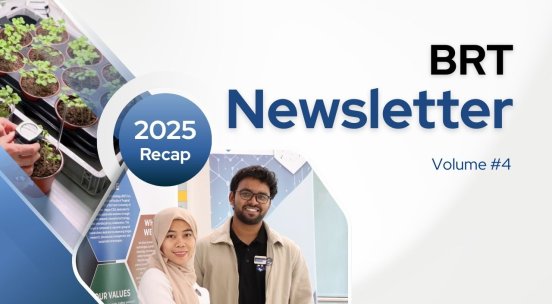
Looking Back on 2025: BRT Newsletter
With 2025 now behind us, the BioResources & Technology (BRT) Division reflects on a year defined by collaboration, innovation, and global engagement. From new research outputs and international projects to academic milestones and community-building events, 2025 marked a period of steady progress across BRT’s research, education, and outreach activities.
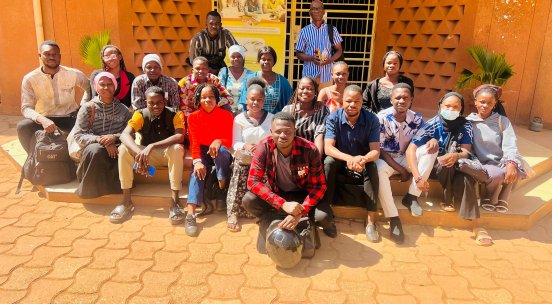
BRT Strengthening Circular Economy Education in West Africa
As part of BRT’s broader engagement in international academic collaboration, Sithurain Kende, Consultant and BRT Affiliated Researcher, recently contributed to capacity building efforts in Burkina Faso through postgraduate teaching.
Sithurain Kende delivered a course at Joseph Ki Zerbo University in Ouagadougou to Master’s students in Entrepreneurship and Management. The programme explored global and African perspectives on circular economy, sustainable waste systems, and multi-actor engagement in environmental governance.
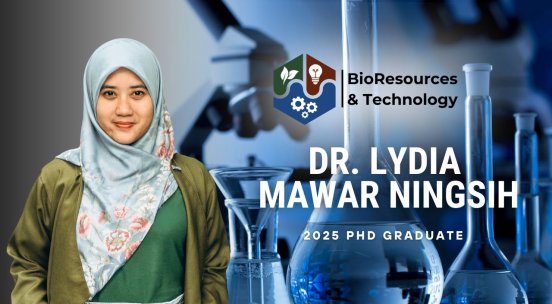
Introducing 2025 PhD graduate, Dr. Lydia Mawar Ningsih
Dr. Lydia Mawar Ningsih earned her Ph.D. in Sustainable Technology Department under the supervision of Associate Prof. Hynek Roubik at the Czech University of Life Sciences Prague (CZU). Her research focused on utilizing and converting organic waste into bioenergy and integrated energy that can be developed as sustainable for industrial activities. Her research topic was revalorization of tofu wastewater into bioenergy and integrated energy systems by converting organic waste into bioenergy and organic fertilizer.
Dr. Ningsih has coauthored 4 scientific publications, participated actively at international conferences, and participated in 3 international internships during the second and third years of her doctoral studies. She has been a member of the BRT at the Czech University of Life Sciences Prague since the first year of her studies.
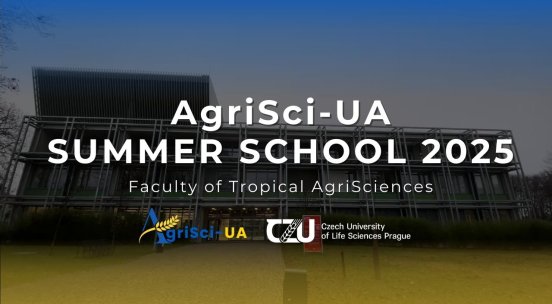
AgriSci-UA Summer School 2025: Learning, Collaboration, and Connection at CZU
The AgriSciences Summer School 2025 brought an international group of researchers, lecturers, and academic staff from Ukrainian universities to Czech University of Life Sciences Prague (CZU), for an intensive week of exchange under the AgriSciences-UA platform. While designed as a summer school, the programme took place during the winter season, proving that meaningful collaboration is not limited by calendars.
Across the week, participants engaged in laboratory visits, workshops, and academic discussions spanning life sciences, sustainability, and applied research. Sessions explored innovative and emerging approaches, including the use of AI in research, environmental remediation, waste and resource management, veterinary sciences, and responses to real-world challenges such as post-war recovery, public health, and
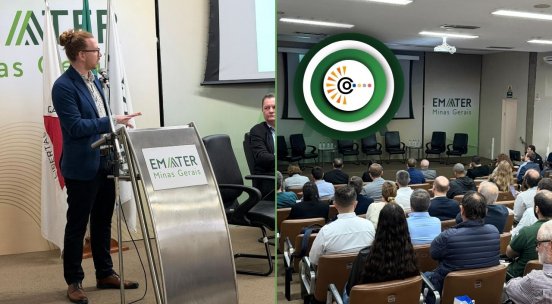
BRT at the COMUNIDAD Final Event in Brazil
BRT Director Assoc. Prof. Dr. Hynek Roubík and BRT Communications Manager Dr. Stacy Hammond recently travelled to Brazil as part of the COMUNIDAD project to take part in the COMUNIDAD Final Event, representing the Czech University of Life Sciences Prague (CZU) at a key moment in the project’s trajectory.
Within the consortium, CZU leads Work Package 5, focused on the development, testing, and refinement of the COMUNIDAD digital platform, and Work Package 6, dedicated to stakeholder engagement, dissemination, and knowledge sharing. Together, these work packages support both the technical evolution of the platform and the broader awareness and uptake of COMUNIDAD results.
Held in Minas Gerais, Brazil, the Final Event brought together European and Latin American partners at a pivotal moment for the project, as COMUNIDAD moves beyond pilot actions toward the real-world deployment of data-driven, community-focused solutions. Over two days, the programme combined research exchange, institutional dialogue, and technological demonstration, highlighting the potential for COMUNIDAD outputs to scale across regions and governance levels.
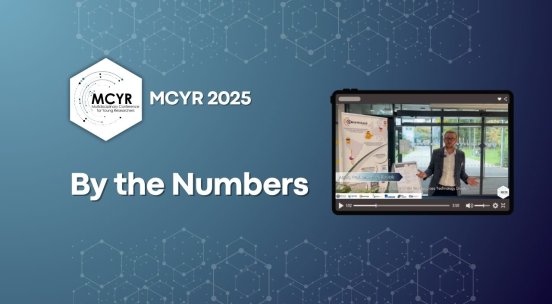
MCYR 2025 - By the Numbers
Looking back on the 6th International Multidisciplinary Conference for Young Researchers (MCYR), the conference stands out as a truly international meeting point for early-career researchers. The 2025 edition brought together more than 210 participants from Asia, Africa, Europe, and both Americas, reflecting the growing reach and relevance of MCYR within the global research community.
MCYR 2025 was organised by the BioResources & Technology Division (BRT) at the Faculty of Tropical AgriSciences (FTZ), Czech University of Life Sciences Prague(CZU), in collaboration with partner initiatives COMUNIDAD, OSIRIS, BIO-CAPITAL, UNICOM, and AgriSci-UA. These collaborations contributed to the conference’s interdisciplinary scope and strengthened links across research communities.






